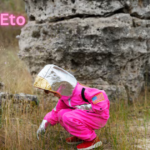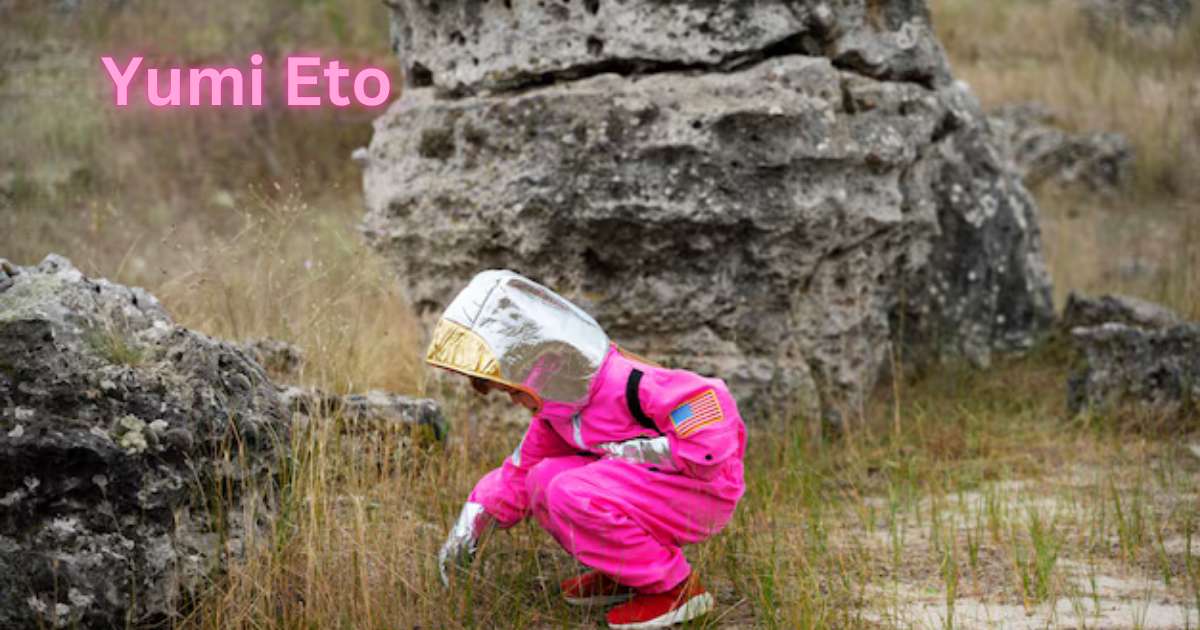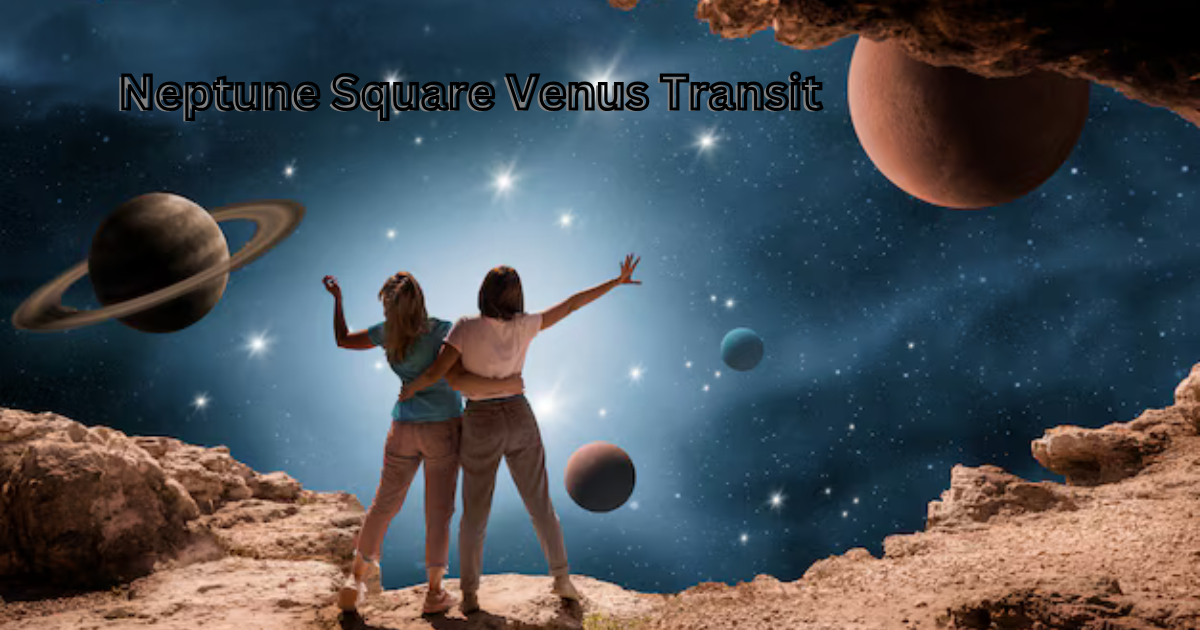The biggest of Spain’s Balearic Islands, Mallorca has long been praised for its breathtaking beaches, fascinating history, and Mediterranean way of life. But as tourism increased, the island started to experience problems with overcrowding and environmental stress. This paved the way for a novel trend known as “regenerative tourism,” which seeks to enhance the ecosystem and nearby communities in addition to lessening the detrimental effects of travel.
Mallorca Regenerative Tourism: what is it?
Mallorca Regenerative Tourism aims to actively restore and enhance sites, in contrast to traditional sustainable tourism, which concentrates on limiting damage. The idea, which was inspired by ecological principles, focuses on tourist models that have a good influence on the local economy, culture, and environment. For Mallorca, this entails combining environmentally sustainable methods, bolstering regional economies, and encouraging neighborhood-based events that improve the experience of both tourists and locals.
Why Regenerative Tourism Is Being Adopted in Mallorca
Mallorca has responded to growing environmental concerns by committing to regenerative tourism. Particularly during busy times, overcrowding, trash problems, and water shortages became serious challenges. The island aims to change these issues by promoting a travel paradigm that places an emphasis on ecological restoration and socioeconomic advantages through regenerative tourism. By providing a closer link to Mallorca’s genuine culture and natural surroundings, this strategy benefits both locals and tourists.
Mallorcan Initiatives to Promote Regenerative Tourism
Mallorca’s commitment to regenerative tourism is exemplified by a number of initiatives and regional regulations. Here are some crucial areas of attention:
Preservation of Natural Environments
Preserving biodiversity and safeguarding endangered species are the main goals of conservation initiatives in places like the Serra de Tramuntana mountains. Eco-friendly management practices for nature reserves provide low-impact travel while informing tourists about Mallorca’s varied ecosystems.
Assistance to Local Companies
Regenerative tourism favors independently owned lodging facilities, eateries, and craft stores over national franchises. By exhibiting traditional crafts, foods, and customs, this promotes the local economy and aids in the preservation of Mallorca’s cultural legacy. In order to lessen their carbon footprint, many lodging establishments are also dedicated to obtaining products locally.
Reduction and Management of Waste
Strict waste management regulations have been put in place in Mallorca, which encourage recycling in tourist establishments and limit the use of single-use plastics. Some hotels support the sustainable tourism philosophy by encouraging visitors to use reusable items and reduce trash.
Transportation that is environmentally friendly
Public transportation, electric vehicle use, and bike rentals are among the eco-friendly travel choices that are promote by regenerative tourism. Slow tourism is also promote by walking and cycling excursions, which supports Mallorca’s objective of reducing its carbon impact.
Tourism Focused on the Community
Mallorca has been able to strengthen ties between locals and tourists by including local communities in tourism efforts. A unique approach to explore Mallorcan culture is through programs that link visitors with local activities, like guided tours of historic villages and workshops on organic farming.
How the Experience of Visitors Is Affected by Regenerative Tourism
Regenerative tourism participants frequently have a more meaningful experience in Mallorca. They participate in local life rather than merely watching, learning about the customs, environmental initiatives, and difficulties of the island. Through this comprehensive experience, tourism becomes a more fulfilling endeavor in which visitors make valuable contributions to the place they love.
Regenerative tourism promotes longer stays and greater spending on local businesses, which benefits the economy and the environment. After visiting Mallorca, visitors feel a sense of success and connection, knowing that their presence has had a positive effect.
Implementing Regenerative Tourism in Mallorca: Difficulties
Regenerative tourism has several advantages, but there are drawbacks as well:
Keeping Environmental Needs and Economic Objectives in Balance
Due to Mallorca’s reliance on tourism, it is challenging to strike a balance between financial incentives and environmental objectives. A concert strategy is need to scale regenerative tourism while preserving visitor revenue.
Modifications to the Infrastructure
Infrastructure must be adjust as part of the shift from mass to regenerative tourism, which can be expensive and time-consuming. For this transition to be support practically, government investments and policies are need.
Teaching Travelers
Travelers must comprehend and value the tenets of regenerative tourism. In contrast to conventional, high-energy vacations, visitors must be receptive to a slower, more deliberate travel approach.
Mallorca’s Prospects for Regenerative Tourism
Mallorca’s regenerative tourist industry has a bright future. Communities, environmental organizations, and the island’s government are collaborating to incorporate this approach into Mallorca’s tourism brand. Regenerative tourism is influencing Mallorca’s future as a place where travel revitalizes rather than depletes, as attempts are being make to preserve the island’s distinctive landscapes and lessen crowding.
Conclusion
Mallorca’s transition to regenerative tourism is an example of a progressive strategy for striking a balance between sustainability and tourism. Regenerative tourism is changing how people travel and enjoy Mallorca by actively enhancing the environment and helping local communities. This approach guarantees that the island will continue to be a stunning, lively vacation spot for many years to come while providing visitors with a singular and rewarding experience. More than just a fad, regenerative tourism offers a sustainable future for Mallorca that enables visitors to have fun while making a difference.
FAQs
What is Mallorca’s primary objective for regenerative tourism?
By encouraging travel that helps local ecosystems and communities, regenerative tourism in Mallorca seeks to actively enhance the island’s environment, economics, and culture.
What distinguishes sustainable tourism from regenerative tourism?
Regenerative tourism aims to leave the destination in a better state than when it arrived, improving the local culture and nature, whereas sustainable tourism reduces the negative effects of travel.
What kind of experiences may tourists anticipate from regenerative tourism?
Through eco-friendly activities, local events, and immersive cultural experiences—often focused on sustainability and community involvement—visitors develop a stronger bond with Mallorca.
How do local companies in Mallorca benefit from regenerative tourism?
Regenerative tourism supports the local economy and contributes to the preservation of the island’s cultural legacy by giving preference to locally owned lodging facilities, eateries, and craftspeople.
Do visitors to Mallorca have access to any environmentally friendly modes of transportation?
Yes, Mallorca promotes environmentally friendly modes of transportation such as public transportation, electric vehicles, and bike rentals, which is in line with the objectives of regenerative tourism to lessen its negative effects on the environment.











